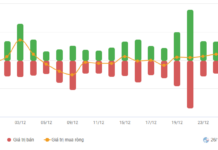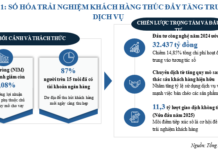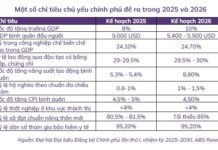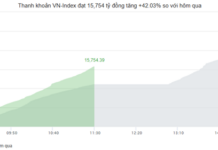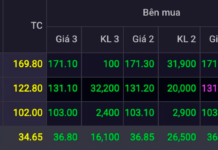On May 22, 2024, the Prime Minister issued Directive No. 17/CT-TTg on constructing the socio-economic development plan and the state budget estimate for 2025.
Specifically, the Directive mentions: Constructing the state budget expenditure estimate for 2025 while ensuring compliance with legal regulations, principles, criteria, and allocation norms for development investment capital and regular state budget expenditure approved by authorized agencies; meeting the requirements for budget restructuring in accordance with Resolution No. 07-NQ/TW dated 2016 of the Politburo, in conjunction with promoting the reorganization of the apparatus, streamlining the workforce, and streamlining public service delivery units; The budget for the new salary regime, adjustment of retirement pensions, social insurance benefits, preferential treatment for revolutionary contributors, and social allowances from July 1, 2024.
Ensure resources to continue implementing salary and social insurance policies in accordance with Resolutions No. 27-NQ/TW and No. 28-NQ/TW of the 7th Plenum of the 12th Central Committee and Resolution No. 104/2023/QH15 of the 15th National Assembly.
Implement the principles of openness and transparency and the requirements for thrift and waste combat in accordance with Resolution No. 74/2022/QH15 right from the stage of task determination, ensuring uniformity in implementing tasks from budget estimation to allocation, management, and use of the state budget; constructing estimates that are close to the actual implementation and allocating them before December 31, while minimizing the cancellation of estimates and the transfer of funds to the following year. Proactively review overlapping policies and tasks, arranging the order of priority for expenditures in terms of urgency, importance, and feasibility of implementation in 2025. Only submit new policies, schemes, and tasks to competent authorities for approval when they are truly necessary and have secured funding; fully foreseeing the financial requirements for implementing new policies, regimes, and tasks that have been decided by competent authorities; not allocating budget estimates for policies that have not been issued. Effectively utilize revenues from equitization and state capital withdrawal from enterprises in accordance with legal regulations.
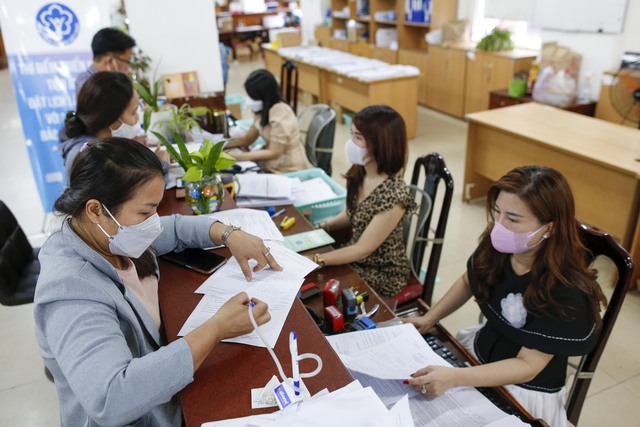
Additionally, innovate the management mechanism, financial mechanism, and organization of the system of public service delivery units, constructing budget estimates for public service delivery units based on the orientation stated in Resolution No. 19-NQ/TW dated 2017 by the 6th Plenum of the 12th Central Committee and legal documents, guiding documents on financial autonomy of public service delivery units. Public service delivery units that partially self-finance their regular expenditures under the management of ministries and central agencies continue to construct state budget expenditure estimates for 2025 with a minimum reduction of 3% in direct support from the state budget compared to the 2024 estimates, reducing the number of public employees on the state payroll in accordance with Resolution No. 19-NQ/TW; public service delivery units whose regular expenditures are fully covered by the state budget under the management of ministries and central agencies reduce direct expenditure from the state budget by at least 2% compared to the 2024 estimates, excluding essential public services that are guaranteed by the state budget.
For agencies and units applying a special financial mechanism: From the 2025 budget year, administrative management agencies and units will no longer be eligible for the special financial mechanism regarding salaries, allowances, income, and regular expenses. These units shall formulate revenue and expenditure estimates for 2025 based on the decisions of competent authorities on the financial mechanism applied from July 1, 2024, onwards and for the year 2025, in accordance with Resolution No. 104/2023/QH15 of the National Assembly on the state budget estimate for 2024.
The Directive also states that ministries and central agencies shall base themselves on the salary, retirement pension, and allowance regimes for revolutionary contributors, as well as social security policies decided by competent authorities to be implemented in 2024, to review and formulate estimates for 2025, detailing the salary fund, contribution amounts, and policies and regimes of spending on people, along with specific increases and decreases; achieved results, and existing limitations (if any).





